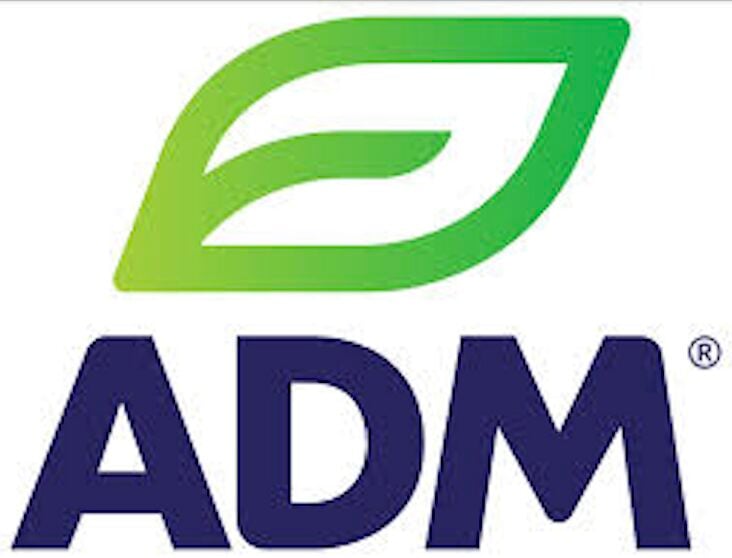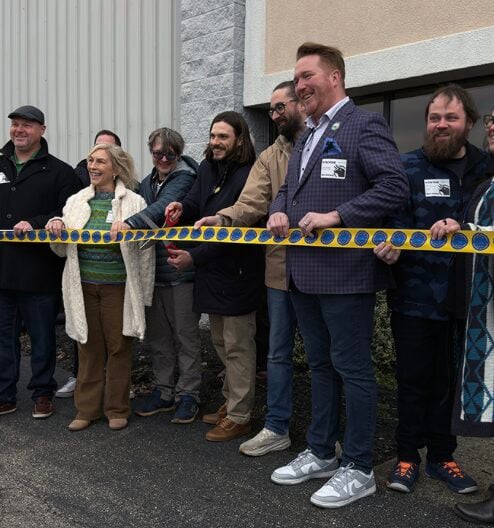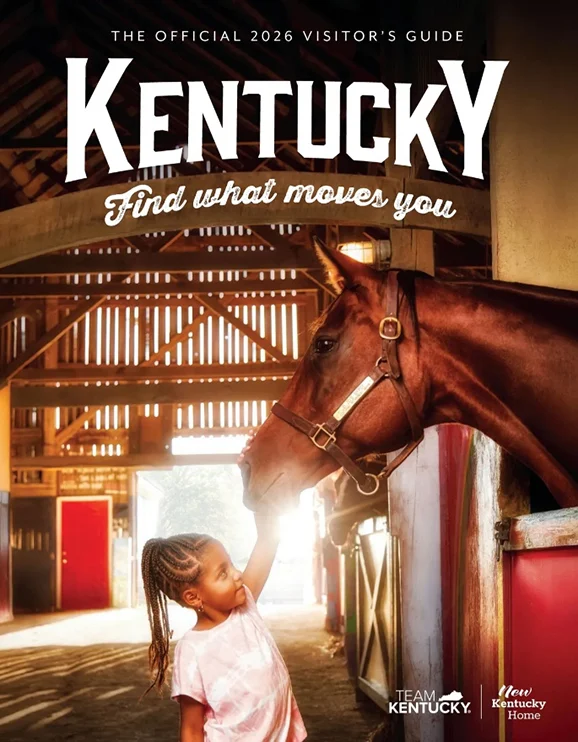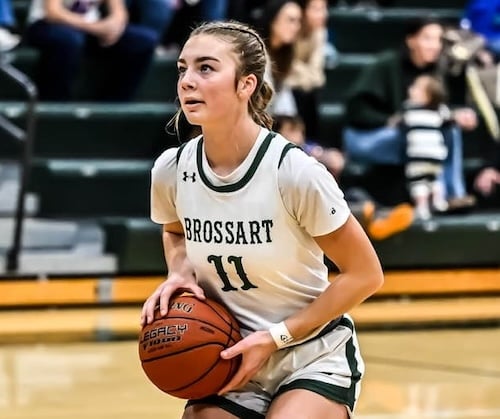By Andy Furman
NKyTribune reporter
It was a win – for Kentucky. And a big one.
The Attorney General of the Commonwealth, R-Ky., Russell Coleman called it an “Historic Opioid Settlement Announcement.”

Speaking at a media announcement, Thursday at Covington’s Life Learning Center, Coleman announced a $110 million settlement with the Kroger Company in his lawsuit for their role in the opioid crisis.
“I grew up with Kroger,” Coleman said, “they fed my family. And at the same time, they (Kroger) asked for our business as well as our trust with little oversight of reporting suspicious activity.”
Coleman claimed the grocery chain allowed addiction to spread across the Commonwealth.
Apparently from 2006 to 2019, Coleman said Kroger handed out some 444 million opioid doses in the Commonwealth.
“That is roughly 100 doses for every person in the state and accounted for 11 percent of the opioids prescribed during that 13-year span,” he said.
So now, Kentucky will receive 110 million dollars in the settlement with the Kroger Company for their role in distributing opioids in the state without safeguards.
“The money will go toward treating addiction in the Commonwealth,” the Attorney General said.

Half the funds will go to local governments, with the other half going to the Kentucky Opioid Abatement Commission, which oversees the disbursement of opioid settlement funds. The group was created in 2022 to distribute the $842 million awarded from opioid companies. The commission awarded $12 million to 50 organizations in 2024.
Coleman said Kentucky was hit hard by the opioid epidemic that began in the 2010s as doctors generously prescribed addictive pain medications. In 2023 there were 1,984 overdose deaths in Kentucky. In February 2024, just a month into his tenure as the state’s top law enforcement official, Coleman filed the suit, which alleged that between 2006 and 2019, more than 100 Kentucky Kroger pharmacies were responsible for more than 11 percent of all opioid pills dispensed in the state.
“I ran for this seat,” Coleman said, “to get back in the fight to push back on the crises, holding all of those accountable who make those deadly drugs access.”
Coleman alleged Kroger violated the Kentucky Consumer Protection Act and was a public nuisance. The lawsuit was filed in Bullitt County Circuit Court in Shepherdsville – 20 miles south of Louisville.
“I’m looking for long-term recovery,” Coleman said, state wide. “And this region – Northern Kentucky is an extraordinary example fighting the crises. In fact, it’s the Gold Standard, right here in Northern Kentucky.”
Coleman said Kroger had no system in place to report abuse.
“No training for their staff, and no guidelines.”
No one from Kroger attended the media session.

“The lawsuit was not a multi-state effort,” Coleman said. “If it were, the Commonwealth would have received only about $50 million. We gambled and decided on our own lawsuit.”
North Carolina, Illinois, and California filed multi-state lawsuits with North Carolina and Illinois receiving $40 million – and California $122 million.
“This is blood money, purchased by the lives of your loved ones,” Coleman said.
Opioids, sometimes called narcotics, are medications prescribed by doctors to treat persistent or severe pain. Opioids attach to proteins called opioid receptors on nerve cells in the brain, spinal cord, gut, and other parts of the body. When this happens, the opioids block pain messages sent from the body through the spinal cord to the brain.
The event was hosted by President and CEO of Life Learning Center Alecia Webb-Edgington.
“I remain deeply impressed by the Attorney General and his team’s commitment to bringing justice to the community, and I support all efforts that empower individuals to build a better future for themselves and their families,” said Webb-Edgington.
General Coleman recognized Deputy Attorney General Rob Duncan, Civil Chief Justin Clark and Division Chief for Consumer and Senior Protection Chris Lewis for representing the Commonwealth in the matter.

















